Six Books that Changed My Perspective in 2013
It takes me awhile to read a book, but that’s probably because I love to have three or four or six books going all at once. I usually have at least one fiction going, a book for spiritual insight, a more academic text, and then some kind of personal development book (leadership, some skill I’m trying to learn, etc).
This must be partially because I get bored with just one book, partially because I’m interested in an idea in this or that book, so I pick it up and add it too the stack. Once I pick up the idea I set it down until interest strikes again. You wouldn’t believe how many books I have that have a bookmark halfway through them! I am sure this is some kind of personal flaw, but I’ve decided to just accept it and move on.
However, each year there are a few books that stick with me (and these I usually finish!) because they were so profound that they helped to change my perspective in some way.
Here are my top 6 from 2013.
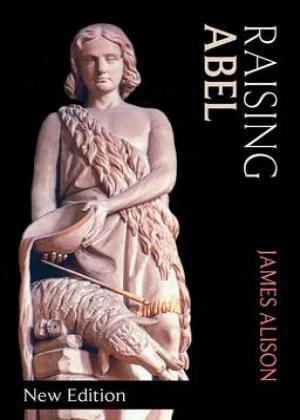
Raising Abel – James Alison (Link)
A good friend of mine left his copy of Raising Abel at my house a couple years back and I kept it on my desk, waiting for the right moment to dive in. I had no idea what I was to find within these pages, but Alison has become one of my favorite writers and theologians.
The theology in this book rewired my head. It gave language and metaphor to faith in ways I have longed to hear. It addresses questions of violence and God, violence and humanity, and how we might understand Jesus as “the innocent victim,” rather than the one who is punished for our sins by a brutally angry God.
This is hands down the best book I read in 2013 and potentially the best theological text I have ever read. Ever.
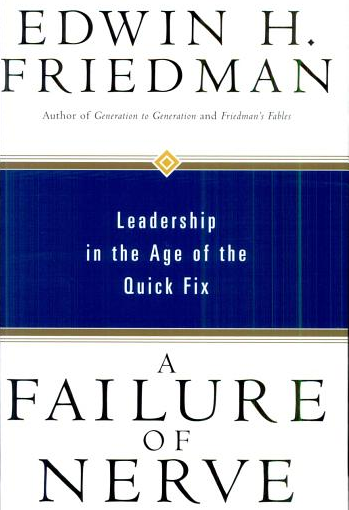
Failure of Nerve – Edwin Friedman (Link)
I learned about Edwin Friedman years ago and have slowly been working my way through his texts. I read “Generation to Generation” first, which is quite a bear to get through. I found “A Failure of Nerve” to be concise, powerful and the best text I have come across on how to become a well-defined leader. Drawing on insights from Family Therapy, Friedman helps to cast family, church, synagogue and the public sphere within a rubric that enables those within leadership positions to understand how the entire “family” or “system” works. It also shows what it means to be a non-anxious, self-differentiated, person within one’s context. I cannot recommend this book enough to anyone who finds themselves wanting to understand the dynamics of change and how to help systems get unstuck (whether you are a “leader” or not).
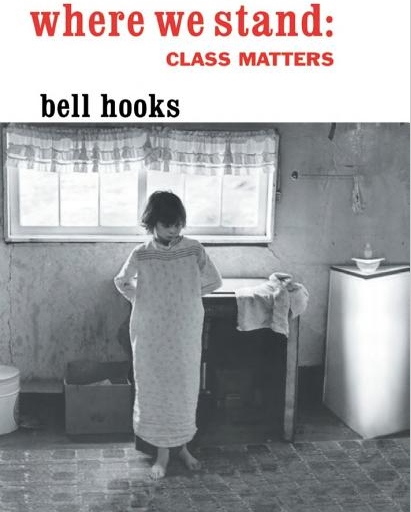
Where We Stand – bell hooks (Link
Talking about class is hard, especially for those of us in privileged positions within society. Bell hook’s book “Where We Stand” is just the book to help open up this conversation and bring about deeper awareness. It is part biographical sketch, part theological treatise, part prophetic proclamation and every bit inspiring and challenging. This book has opened my eyes not only to my own class position now, but understand my “class history,” and how that effects my interactions with family, friends, and as a church leader.
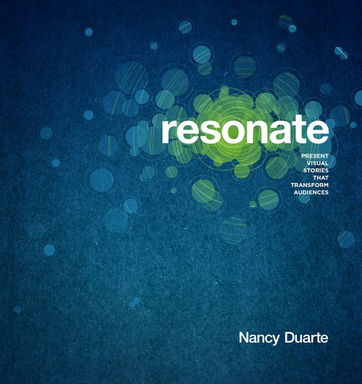
Resonate – Nancy Duarte (Link)
I first came across Nancy Duarte in her Ted Talks about speech’s that have changed lives (King’s “I Have A Dream Speech” is analyzed). I don’t remember who turned me on to it, but I gave it a watch and it really opened up the idea of communicating to me in a new way. This book has helped me understand public speaking and communicating in ways that I have been able to put into use. It’s a nice combination of theory and examples. This has basically become a handbook for speaking for me and I continue to refer to it as I try to grow as a communicator.
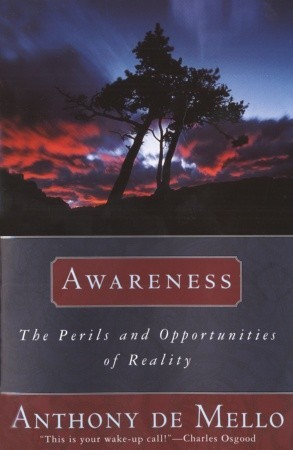
Awareness – Anthony de Mello (Link)
I learned about this Indian Jesuit priest from a Catholic Friend of mine and de Mello has quickly become like a mentor to me. His book “Awareness” is a transcription of a retreat he gave to a group of clergy. It is frank, jarring, and down right offensive at points. Not what you expect from a book on spirituality. And for that I completely love it.
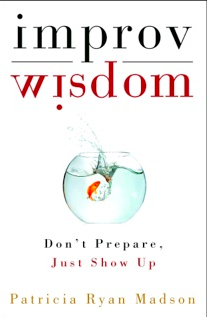
Improv Wisdom – Patricia Madson (Link)
Here is a fun, creative book that gave me permission to bring creativity and ideas from improv into my own speaking and leadership. I am someone who feels like to do something well you have to over-plan the thing to death. Madson draws on insights and practices from improv that speak to the contrary. I find myself constantly thinking about and drawing on the ideas of this book, wondering how I can be more improvisational.
How about you? What books helped to change your perspective this past year?